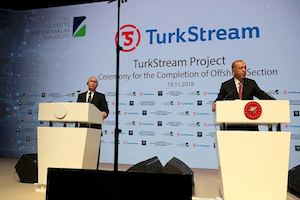A “Pipe Dream?” The Prospects of Turkey as a Hub for Russian Natural Gas
By Natalia Konarzewska
December 13, 2022
Turkey has seized on the opportunity to bolster its standing as an “energy power,” but Russia’s offer to expand the existing Turk Stream pipeline and create a natural gas hub in Turkey seems to be a ‘’pipe dream’’ under current circumstances. The feasibility of the project is highly questionable. The Russian proposal may in fact not be seriously intended. Rather than a realistic goal, it appears mostly to be a window-dressing maneuver in order to put pressure on gas-deprived Europe. Yet even though there are several obstacles to its realization, and ultimately may not be feasible, the Russian proposition nonetheless offers Turkey a welcome opportunity to advance its long-standing goal to turn itself into an energy hub at the crossroads of Europe, Asia and the Middle East.
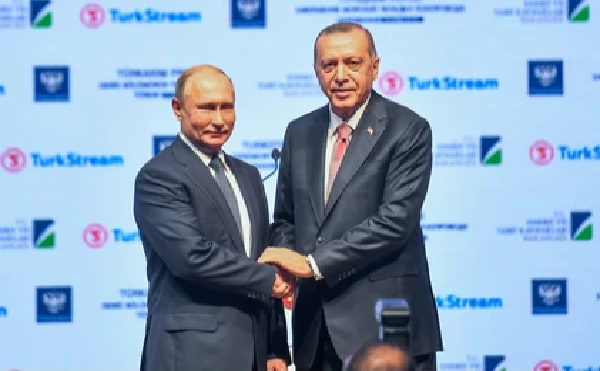
Black Sea Gas Find Gives Turkey Leverage against Russia
By Natalia Konarzewska
November 23, 2020
In August 2020, Turkey announced the first sizeable natural gas discovery off its Black Sea coast, estimated to contain some 320 billion cubic meters (bcm) of gas. In October 2020, after weeks of additional exploration, Turkey revised the estimation of the newfound gas reserve upwards to 405 bcm. The discovery of the Sakarya gas field was met with euphoria, as it came after years of unfruitful quest for indigenous natural gas reserves. The finding promises to ease Turkey’s dependence on hydrocarbon imports and Ankara will likely use its new-found gas field as leverage against Russia, which is bound to have geopolitical implications.
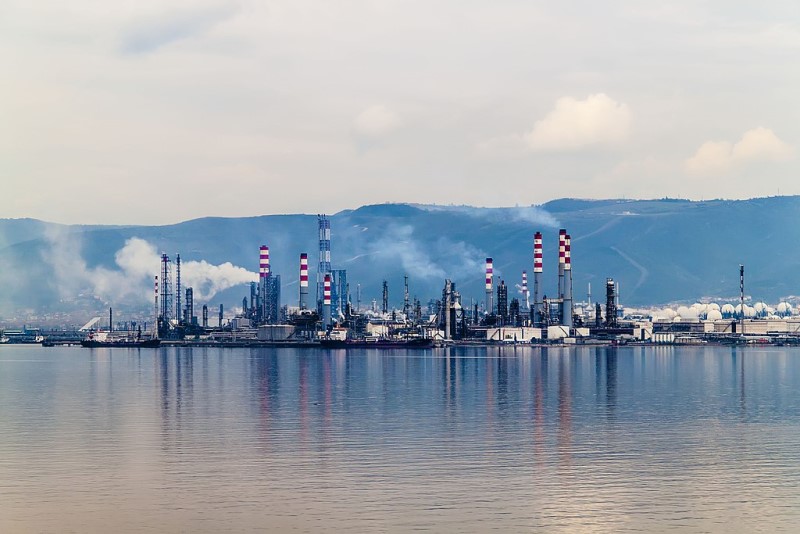
The EU and De-escalation in the Eastern Mediterranean
By Natalia Konarzewska
June 29, 2020
The discovery of new gas reserves in the region was expected to bring peace and prosperity to the Eastern Mediterranean littoral states but it has created new geopolitical and security risks instead. In April and May this year, Turkey continued with gas drilling within Cyprus' exclusive economic zone which drew new harsh criticism from the European Union. Turkey's assertive stance shows that Ankara is unlikely to abandon its pursuit for hydrocarbons in the region and that it will hence remain on a collision course with Greece and Cyprus. The EU would do well to seek de-escalation and should recognize that circumventing Turkey is not a viable strategy. Otherwise, there is a clear risk that the hydrocarbon dispute in the region will spiral out of control and lead to military confrontation.
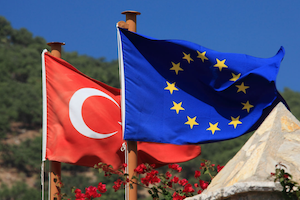
Turkey's Natural Gas Strategy Faces Obstacles
By Natalia Konarzewska
March 23, 2020
On January 8, 2020, Turkey's President Recep Tayyip Erdoğan and his Russian counterpart Vladimir Putin attended the opening ceremony of TurkStream, the natural gas pipeline that is envisaged to carry Russian gas to Turkey and then to Southeastern Europe. A month earlier, Erdoğan and Azerbaijan's President İlham Aliyev inaugurated another gas project that Turkey participates in, the Trans Anatolian Gas Pipeline (TANAP) and which will deliver Azerbaijani gas to Turkey and to southern Europe. Yet TurkStream and TANAP offer mixed prospects for advancing Turkey's strategy to become an energy transit state for Europe because of limitations of capacity and unclear or limited perspectives of expansion. Even though both pipelines are seen as cornerstones of Turkey's gas strategy, they are in fact being brought to completion at a time when Ankara tries to reduce its dependency on pipeline gas and seeks to benefit from the booming liquified natural gas market.
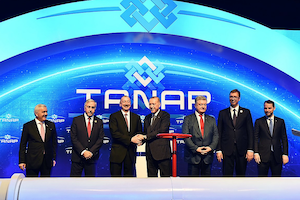
TurkStream: Ankara Embraces Russia to Further Turkey's Hub Ambitions
By Micha’el Tanchum
December 20, 2018
On November 19, 2019, Turkish President Recep Tayyip Erdoğan and Russian President Vladimir Putin held a joint ceremony in Istanbul to mark the completion of the offshore segment of Turkstream, the undersea pipeline that will transport Russian natural gas to Turkey via the Black Sea. Turkstream's now inevitable realization forms a stunning reversal of Turkish energy policy. For more than half a decade, Turkey had focused on reducing its dependency on Russian gas, primarily through the construction of a new pipeline across the length of Turkey to bring gas from Azerbaijan. With Turkey tethered more than ever to Russian gas imports, Moscow appears triumphant. However, Turkey's 'Back to the Future' energy policy belies Ankara's larger strategic gambit to bolster Turkey's international position by becoming a major energy hub.
